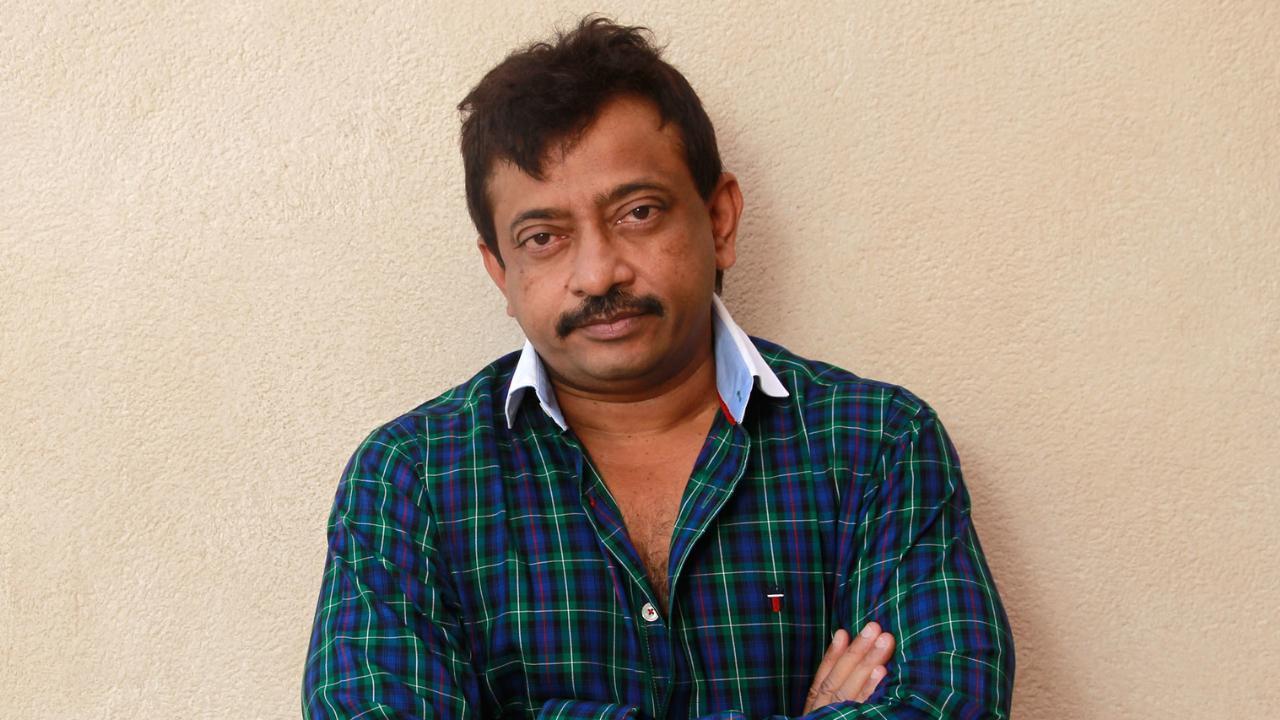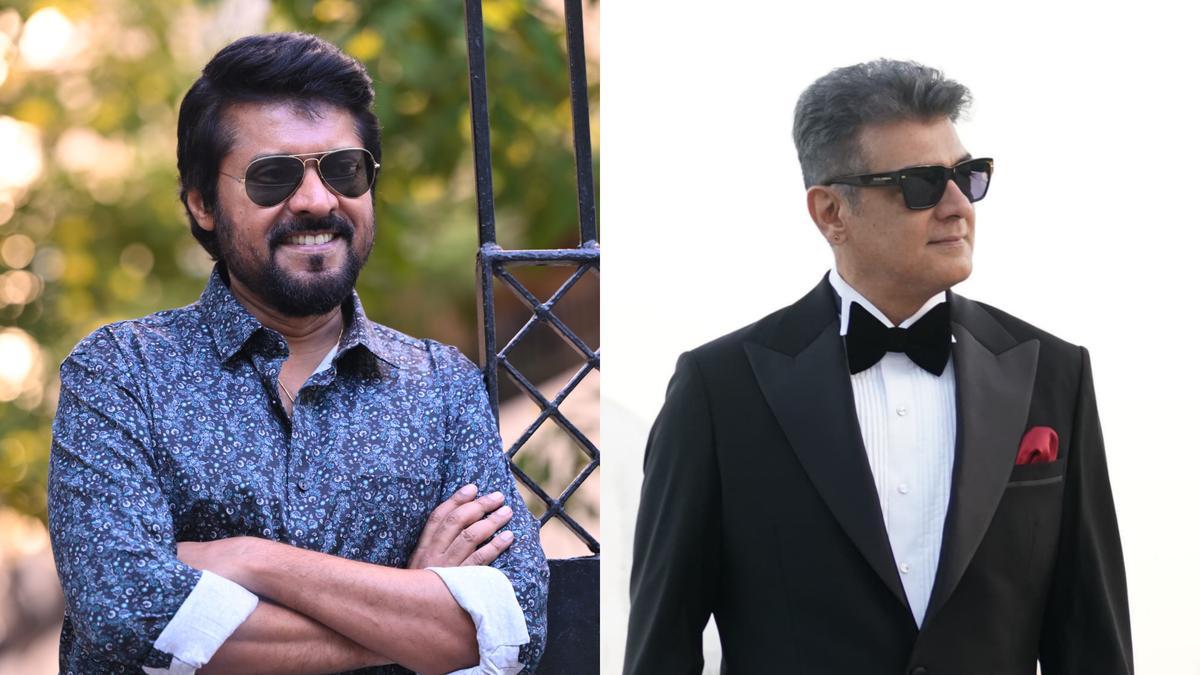
During a poignant moment at the Cesar Awards, Judith Godrèche, an esteemed French actor, took the stage not only to celebrate the achievements of her peers but also to confront a pervasive and debilitating issue within their industry: sexual violence and abuse. As France’s equivalent of the Oscars unfolded live on Friday, Godrèche seized the opportunity to urge her colleagues to “face the truth” about this deeply rooted problem and to advocate for powerful change.
In an industry where silence is often the norm, Godrèche’s voice resonated clearly as she declared, “We can decide that men accused of rape no longer rule the (French) cinema.” Her call to action was set against the backdrop of recent allegations made by actors who, when they were teenagers, claimed to have suffered sexual abuse at the hands of directors significantly their senior. Godrèche’s message was a stark reminder of the harrowing reality beneath the glitz and glamour of the silver screen.
Her speech was a raw, emotional appeal to the audience, prompting the question, “Is it possible that we are able to face the truth?” She urged her contemporaries to muster the moral courage needed to openly address the issues that many whisper about in private. As she concluded her address, Godrèche noted a shift, suggesting that “The power seems to be swaying.” Her powerful delivery was met with silence, but as she exited the stage, the room erupted in a standing ovation, reflecting a collective respect for her courage and an acknowledgment of the urgency of her message.
The timing of her speech was particularly noteworthy, as French cinema is poised for the spotlight at the upcoming Oscars ceremony, thanks in part to Justine Triet’s “Anatomy of a Fall.” Triet, on the same night as Godrèche’s speech, made history by becoming the second woman to win the best director award at the Cesars in its 49-year history. Her film also swept additional categories, further punctuating the importance of recognizing and supporting the talents and contributions of women in the industry.
Godrèche, at 51, has been a familiar face to French audiences and has recently stepped forward with disturbing personal accusations. She has leveled charges of rape and sexual abuse against two well-known film directors, stemming from incidents that occurred when she was a teenager. She identified Benoît Jacquot, with whom she had a relationship beginning at age 14, as one of the men, describing the relationship as one marred by “violence, confinement, and control.” The second accused is Jacques Doillon, whom she alleges abused her at age 15 during the production of a film. Both men have denied the allegations.
In a revealing interview with France Inter radio, Godrèche expressed that she had become “indoctrinated” during her time with Jacquot, likening the experience to being trapped within a cult. Her account laid bare the frightening dynamics of power and manipulation that can exist behind the scenes.
Amplifying Godrèche’s sentiments, French cultural minister Rachida Dati sternly criticized her nation’s cinema for its longstanding failure to directly confront sexual violence. Dati commended Godrèche for bravely sharing her traumatic story and posited that this should propel a profound reflection within the industry. Dati forcefully argued against the notion of artistic impunity, stressing that sexual relationships with minors are not only crimes but also grave betrayals of trust.
In December, Godrèche had previously shared part of her story on the autobiographical television show “Icon of French Cinema,” although at the time, she did not disclose names. Her rallying cry echoes the sentiments of the #MeToo movement, which she joined in 2017 when she accused American film producer Harvey Weinstein of sexual assault.
Following Godrèche’s disclosures, other women have come forward with their own harrowing testimonies. Isild Le Besco accused Jacquot of psychological and physical transgressions, and Anna Mouglalis named Doillon in an accusation of sexual assault in 2011.
These accounts are not isolated, as the French film industry has been riddled with similar cases in recent years, including allegations against Gérard Depardieu and protests during the 2020 Cesar ceremony over an award given to Roman Polanski, who is still a fugitive in the United States.
Godrèche’s stirring speech at the Cesar Awards is a watershed moment, one that demands reflection, acknowledgment, and action. While the artistry and creativity of cinema have the power to inspire and delight worldwide, Godrèche’s brave testimony reminds us that the integrity of those who craft these stories is equally—if not more—important.










